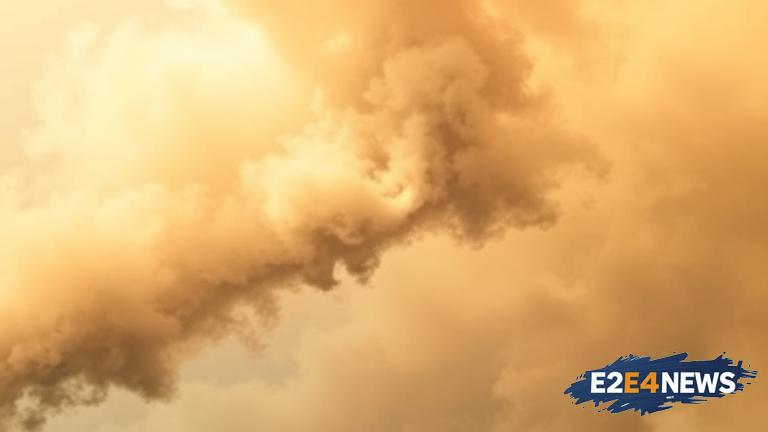A hazardous air quality alert has been issued for the New York City and tri-state area, as smoke from Canadian wildfires continues to blanket the region. The alert, which was first issued earlier this week, remains in effect due to the persistent presence of smoke and particulate matter in the air. The smoke, which is originating from wildfires in Quebec and Ontario, Canada, has been carried into the region by winds and is expected to persist throughout the day. The air quality index has reached hazardous levels, with particulate matter concentrations exceeding safe limits. This has prompted health officials to warn residents, particularly those with pre-existing respiratory conditions, to take precautions and stay indoors. The NYC Department of Health has advised residents to avoid strenuous outdoor activities and to keep windows and doors closed to prevent the influx of smoke. The tri-state area, which includes parts of New York, New Jersey, and Connecticut, is also under an air quality alert, with similar warnings and precautions in effect. The Canadian wildfires, which have been burning for several weeks, have already forced the evacuation of thousands of people and have destroyed vast areas of land. The smoke from these fires has also affected other parts of the northeastern United States, with air quality alerts issued for several states. The National Weather Service has predicted that the smoke will persist in the region for several more days, with little relief expected until a change in wind patterns. In the meantime, residents are advised to take necessary precautions to protect their health, including wearing masks when outdoors and staying hydrated. The NYC Department of Environmental Protection has also activated its air quality monitoring network to track the levels of particulate matter and other pollutants in the air. The data from these monitors will be used to provide updates on the air quality and to inform the public of any changes in the alert level. The health effects of the smoke are a major concern, with particulate matter able to penetrate deep into the lungs and cause respiratory problems. Children, older adults, and people with pre-existing respiratory conditions are particularly vulnerable to the effects of the smoke. The NYC Health Department has also warned that the smoke can exacerbate conditions such as asthma and chronic obstructive pulmonary disease (COPD). In addition to the health risks, the smoke is also causing disruptions to outdoor activities and events, with several parks and recreational areas closed due to the poor air quality. The economic impacts of the smoke are also being felt, with several businesses and industries affected by the air quality alert. The Canadian government has deployed firefighters and equipment to combat the wildfires, but the situation remains challenging due to the remote location of the fires and the difficulty of accessing the area. The US government has also offered assistance, with several agencies providing support and resources to help combat the fires. As the situation continues to unfold, residents are advised to stay informed and to follow the latest updates and guidance from health and environmental officials.
